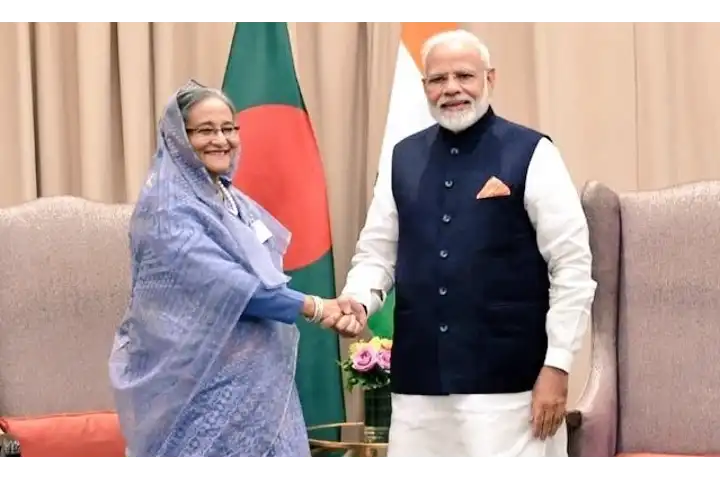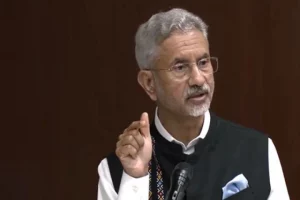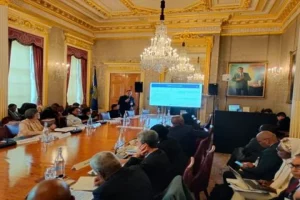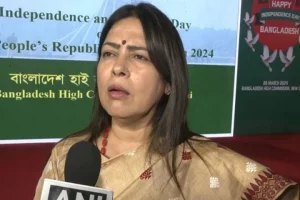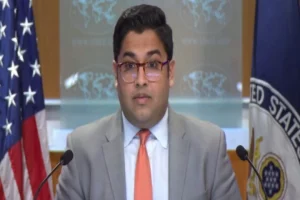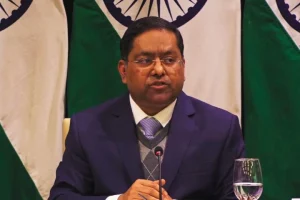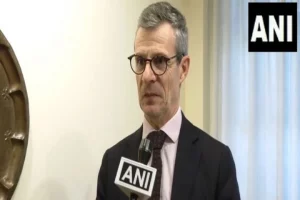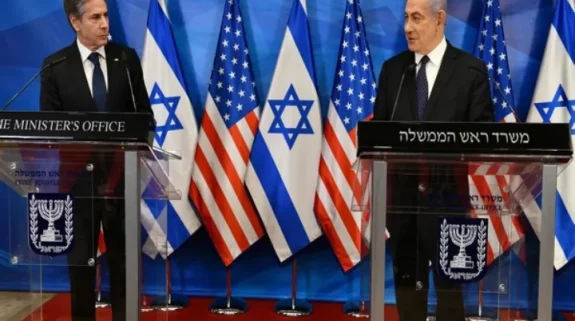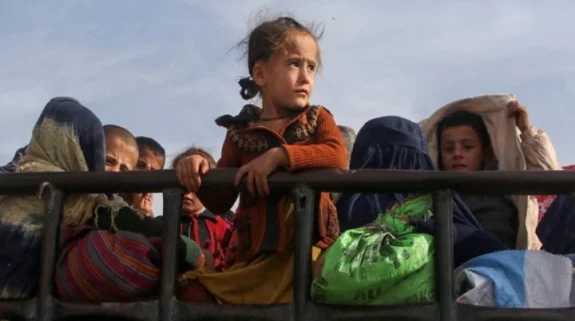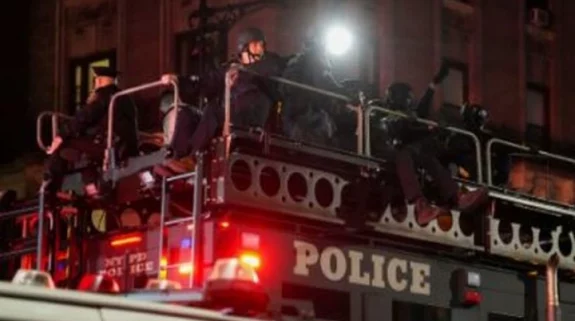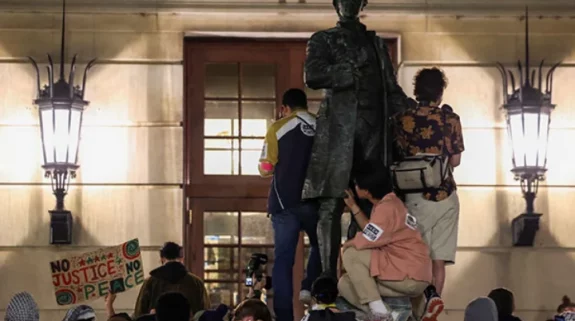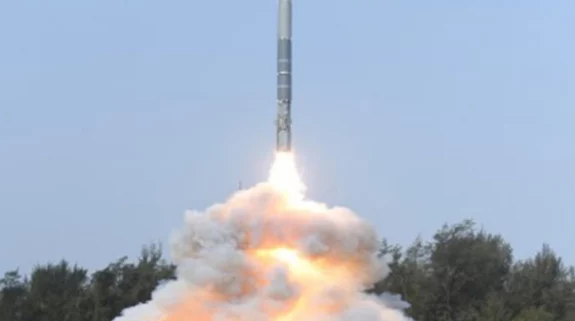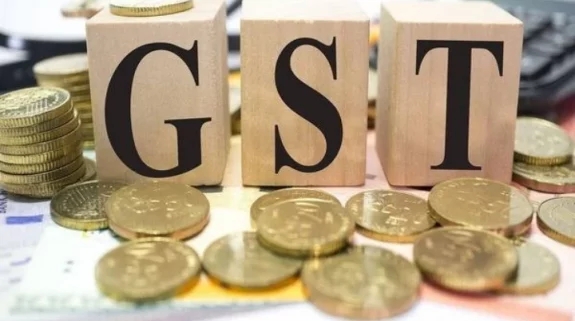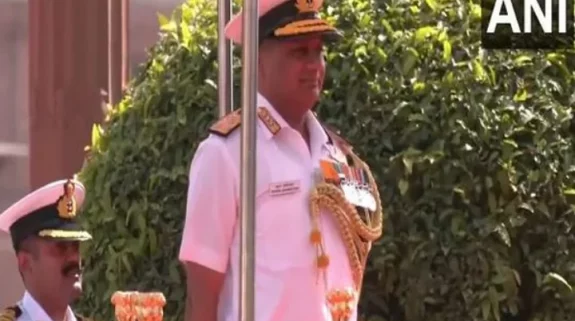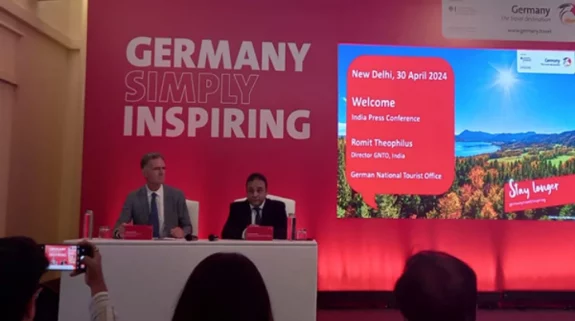India will not allow the recent attacks on temples in Bangladesh to derail the growing bilateral ties even as New Delhi expressed concerns over the incidents. Sources told India Narrative that the attacks may have been well orchestrated by radical elements in the country especially amid the rapidly changing geopolitical situation.
In some ways, New Delhi has decided to underplay the recent attacks on the Hindu minorities in Bangladesh and keep the focus on issues relating to regional economic development and connectivity.
On Saturday, while delivering a speech on the role of the Indian Air Force in the 1971 War of Liberation, Foreign Secretary Harsh Vardshan Shringla said that India-Bangladesh relations is a “role model” in international affairs. Shringla did not mention anything about the violence. Similarly Indian Ambassador to Dhaka, Vikram Doraiswami, at a ‘Bijoya Sammelani’ a function typically observed by Bengalis after the Durga Puja said this year marks 50 years of India-Bangladesh friendship reflecting unity in culture and civilization.
Inclusion and humanity reflect the traditional commonalities of India and Bangladesh, Doraiswami said.
“India has not overplayed the incidents and that was a strategically good move. It serves no purpose by overplaying such incidents as the state clearly is not involved in the incidents,” Anil Trigunayat, former diplomat told India Narrative. Trigunayat said that overplaying such incidents typically serve no purpose.
Bangladesh, which was declared a secular country right after its birth, turned an Islamic state under Hussain Muhammad Ershad in 1988. However, prior to that in the late 1970s, the word ‘secularism’ was removed from the Bangladesh Constitution. Only in 2010, Bangladesh’s Supreme Court reinstated the principles of secularism.
While a section of the society in Bangladesh has been fairly radicalised over the last few decades, the Sheikh Hasina government has come down heavily on the extremist forces.
“There have been divisive parts in Bangladesh from time to time and occasionally with the connivance of some politicians and parties in the past though a part of the society has typically been driven by its culture where both Nazrul Geeti and Rabindra Sangeet have been prevalent. Now the important thing that we need to understand is that the state is not involved," Trigunayat said.
Meanwhile, Bangladesh Prime Minister Sheikh Hasina has promised to take stern action against those involved in the incidents.
Sources said that with the turn of events in Afghanistan, such communal and radical threats are on the rise.
A recent report by the Paris based anti-money laundering watchdog Financial Action Task Force said that terror outfits and radical forces “continue to pose a serious threat to international stability, security and peace.”
“Radicalism has increased over the last one year and such elements are present even in India. All governments in the South Asian region must exercise caution and increase vigilance,” one of them said.






